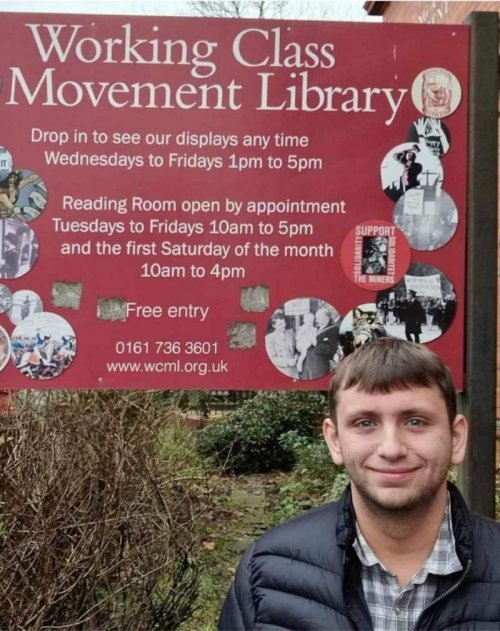
Exercise Now To Combat Better Mental Health
May, 25 2020
As the days have turned into weeks and the weeks into months it’s clear the corona virus pandemic isn’t going to go away anytime soon. This being the case those with enduring mental health issues will experience some kind of setback in response to the current crisis.
The new government directive is telling us to :- Stay alert, control the virus and save lives’. Seems easy in theory but in practice staying alert may only increase an individuals anxiety and stress levels so much more.
Let’s examine which areas may experience increased pressure during this time of unsettlement,
- Younger people (18-29 years) were more likely to report as depressed or anxious than older people (60+)
- Women are also more disproportionately affected: around one third work in a sector that is now on hold compared to men
- Lower household incomes (less than £30k)
These figures are anticipated to translate into a 20-30% increase in the suicide rate, if the impact of the 2008 Global recession is to be repeated, with attempted suicides rates accounting for 20 times the number.
So what practical measures can we all take to reduce the risk of us all going downhill? Quite simply, have a good but moderate daily intake of exercise.
This will help you in the following ways:-
- Better sleep – by making you feel more tired at the end of the day
- Happier moods – physical activity releases feel-good hormones that make you feel better in yourself and give you more energy
- Managing stress, anxiety or intrusive and racing thoughts – doing something physical releases cortisol which helps us manage stress. Being physically active also gives your brain something to focus on and can be a positive coping strategy for difficult times
- Better self-esteem – being more active can make you feel better about yourself as you improve and meet your goals
- Reducing the risk of depression – studies have shown that doing regular physical activity can reduce the likelihood of experiencing a period of depression
- Connecting with people – doing group or team activities can help you meet new and like-minded people, and make new friends.
Sport England recommend that to get the benefits of physical activity to improve your mood, adults need to be active (slightly out of breath) for 150 minutes a week, with children doing the same for around 60 minutes a day.
If you’re able to visit your local park you may notice an increase in the number of people cycling. This is something each and everyone of us could consider if we’re able to. It’s more environmentally friendly than a vehicle, is a positive way to exercise and it’s also extremely fun and a light way to exercise.
We need to take serious steps for our health and wellbeing. If we don’t we could risk becoming obese, suffer heart problems or even worse, die young. None of us want further health issues so let’s make every effort to get out and exercise and with everything else closed except supermarkets we really have no excuse.
There are a number of campaigns that we can all back to get people active from different backgrounds and to celebrate their achievements:
- #ALittlebitmoreathome Our Active Lancashire campaign to link you with opportunities to get active in your community.
- This Girl Can hosted by Sport England is intended to inspire women to get active
- We Are Undefeatable supports people with long term conditions to get active
- Sport England supporting people to get active while at home
The Mental Health Charity, Mind promote physical activity as a way to gain and maintain Positive Mental Health. Let’s start today.
^Alex Ashworth CCG UK Blogger






